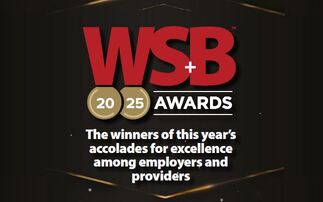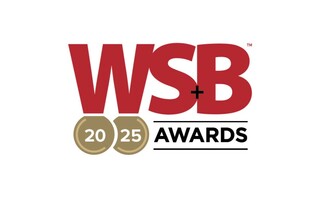Rewarding staff fairly is a key element of the employer-employee relationship. Owain Thomas explores how getting this right can boost productivity and loyalty
Asda realises that recognising its employees' work is an important process. In fact, you could almost say it recognised it too well. The supermarket was so keen to ensure staff were fairly appre...
To continue reading this article...
Join Professional Pensions
Become a Professional Pensions Lite Member today
- Three complimentary articles per month covering the latest real-time news, analysis and opinion from the industry
- Receive important and breaking news stories via our two daily news alerts
- Hear from industry experts and other forward-thinking leaders
Are you a trustee, investment consultant or in-house pension and benefit scheme professional? You can apply for full complimentary access here





